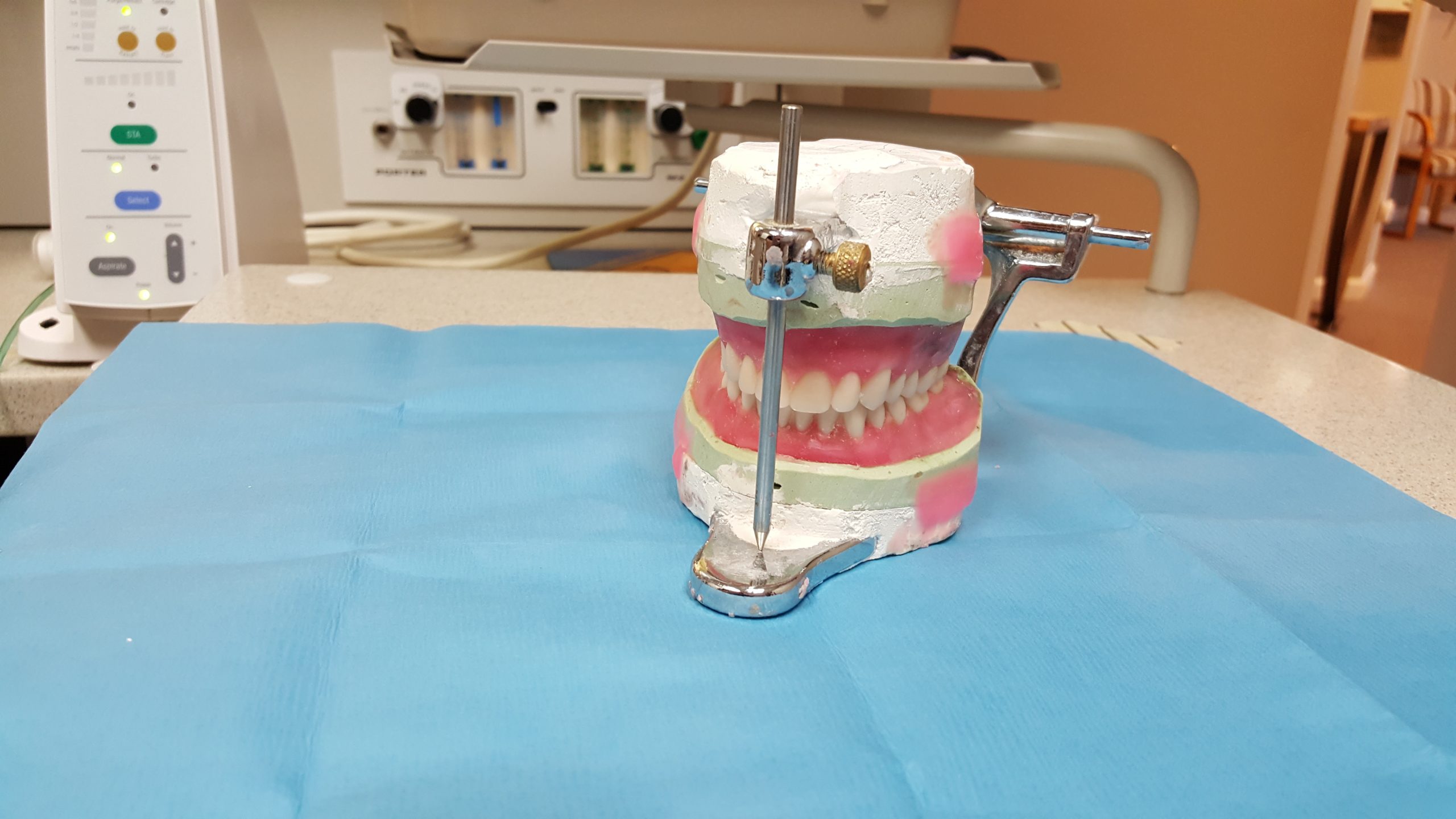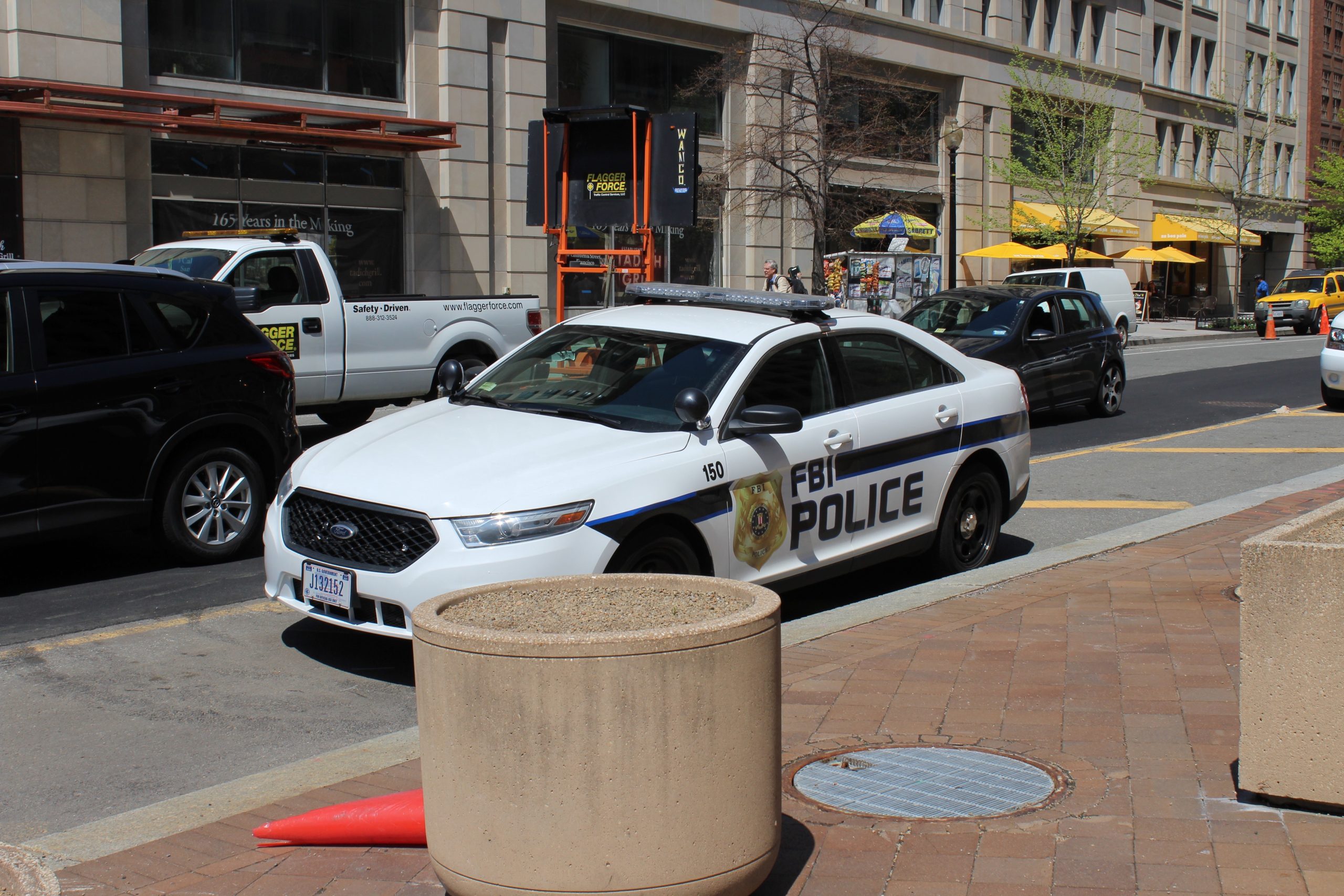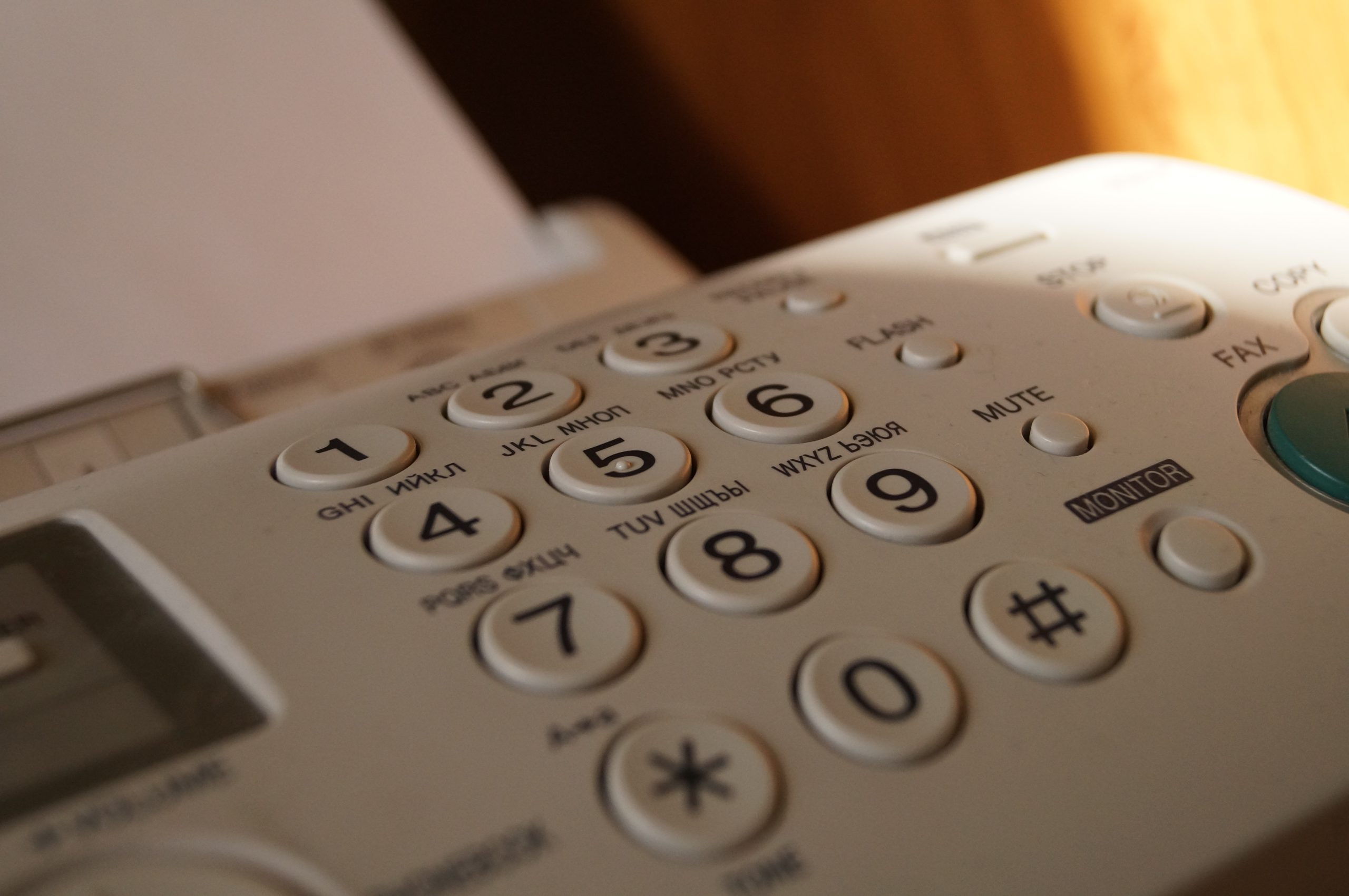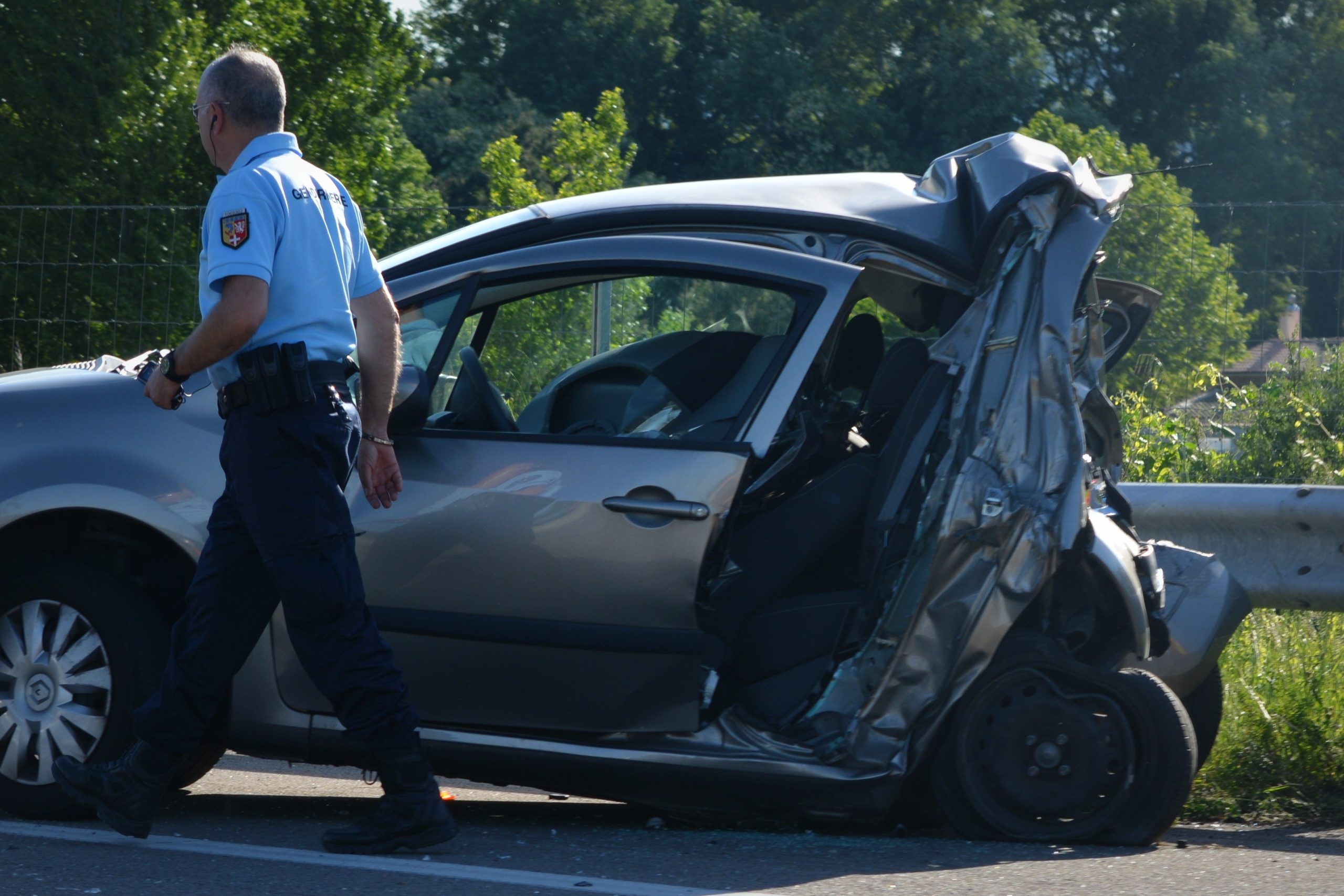 An important safeguard in the law is the requirement for an accusing party to support its allegations with facts and, ultimately, evidence. There are multiple reasons to have this protection in place. Proceeding with a claim that makes a wrong conclusion against another party would not be particularly fair or just, nor would it be an effective use of court resources.
An important safeguard in the law is the requirement for an accusing party to support its allegations with facts and, ultimately, evidence. There are multiple reasons to have this protection in place. Proceeding with a claim that makes a wrong conclusion against another party would not be particularly fair or just, nor would it be an effective use of court resources.
Louisiana courts entitle a party to move for summary judgment to press the opposing side to demonstrate there is a genuine dispute to resolve. La. Code Civ. P art. 966. If, for example, a plaintiff makes a claim that requires the support of physical evidence that they cannot produce, summary judgment will be granted. The following case out of Washington Parish, Louisiana, shows why, if you are considering a lawsuit, you should never discard evidence critical to your case.
Robert D. Byrd used a home-based oxygen machine provided by Pulmonary Care Specialists, Inc. (PCS). He was hospitalized for respiratory failure after being found unconscious by his mother, who reported that the machine was running at the time. Byrd’s machine did not undergo maintenance or repair before the incident. However, his mother did request service one day earlier. Byrd’s mother subsequently set the oxygen machine out with the trash, preventing follow-up testing or inspection.
 Insurance Dispute Lawyer Blog
Insurance Dispute Lawyer Blog



 Appeals from trial court decisions can be costly, especially if the result is again not decided in your favor. Tara Lorraine (“Ms. Lorraine”), a dental patient at Bluebonnet Dental Care, L.L.C., learned this the hard way after appealing a jury verdict decided against her. The
Appeals from trial court decisions can be costly, especially if the result is again not decided in your favor. Tara Lorraine (“Ms. Lorraine”), a dental patient at Bluebonnet Dental Care, L.L.C., learned this the hard way after appealing a jury verdict decided against her. The  Rights, even those granted under federal and state constitutions, are not without limitations. As Yaroslav Lozovyy (“Lozovyy”), a former research assistant at Louisiana State University (“LSU”), discovered in an appeal of his lawsuit against an interim director, Richard L. Kurtz (“Kurtz”), and a vice chancellor, Thomas R. Klei (“Klei”), courts take allegations of making false statements seriously. The following case shows how the Louisiana Code of Civil Procedure Article 971, The “anti-SLAPP” Statute is used in Court.
Rights, even those granted under federal and state constitutions, are not without limitations. As Yaroslav Lozovyy (“Lozovyy”), a former research assistant at Louisiana State University (“LSU”), discovered in an appeal of his lawsuit against an interim director, Richard L. Kurtz (“Kurtz”), and a vice chancellor, Thomas R. Klei (“Klei”), courts take allegations of making false statements seriously. The following case shows how the Louisiana Code of Civil Procedure Article 971, The “anti-SLAPP” Statute is used in Court. Police officers are trained to enforce the law and are obligated to follow the law. However, when a police officer violates the rules of policing, the officer has a right to written notice and then the right to an appeal if he feels the punishment is unfair. The following case out of New Orleans shows how a police officer’s appeal of disciplinary action can overturn the department’s actions.
Police officers are trained to enforce the law and are obligated to follow the law. However, when a police officer violates the rules of policing, the officer has a right to written notice and then the right to an appeal if he feels the punishment is unfair. The following case out of New Orleans shows how a police officer’s appeal of disciplinary action can overturn the department’s actions. Car accidents are extremely traumatic events that can impact the lives of anyone involved. The legal issues arising after a car accident can be complex and affect everyone involved. For example, what are the rights of a tutor when bringing claims on behalf of the children they are responsible for? Will they be considered “parents” under the law and be allowed to bring a claim for loss of consortium? The following case out of Baton Rouge discusses those issues in relation to a car accident.
Car accidents are extremely traumatic events that can impact the lives of anyone involved. The legal issues arising after a car accident can be complex and affect everyone involved. For example, what are the rights of a tutor when bringing claims on behalf of the children they are responsible for? Will they be considered “parents” under the law and be allowed to bring a claim for loss of consortium? The following case out of Baton Rouge discusses those issues in relation to a car accident.  Filing a medical malpractice lawsuit in Louisiana requires the plaintiff to pay a bond before the medical review panel is conducted. But what do you do when you cannot pay the bond? Is there a way to still proceed with your case? The following medical malpractice lawsuit out of Jefferson Parish shows that if you are granted pauper status under La. C.C.P. art. 5181, you could be relieved of the bond requirement.
Filing a medical malpractice lawsuit in Louisiana requires the plaintiff to pay a bond before the medical review panel is conducted. But what do you do when you cannot pay the bond? Is there a way to still proceed with your case? The following medical malpractice lawsuit out of Jefferson Parish shows that if you are granted pauper status under La. C.C.P. art. 5181, you could be relieved of the bond requirement. After a workplace accident, an employee may be flustered, but it is essential that the employee promptly becomes knowledgeable about court requirements and deadlines. If a claim is not filed within an allocated timeline, the claimant may be barred from bringing the claim forward. The following case out of Jefferson Parish shows why, if you’re fax filing a lawsuit, you must follow the rules precisely.
After a workplace accident, an employee may be flustered, but it is essential that the employee promptly becomes knowledgeable about court requirements and deadlines. If a claim is not filed within an allocated timeline, the claimant may be barred from bringing the claim forward. The following case out of Jefferson Parish shows why, if you’re fax filing a lawsuit, you must follow the rules precisely.  Some consider the workplace as their second home. It is a place where one can thrive intellectually and network simultaneously. However, when a workplace becomes hostile or sexually charged, it can make an employee’s life unbearable. Therefore, to bring a successful claim against FMLA and a hostile workplace, a plaintiff must prove all elements under FMLA and show proof the hostile environment affected their well-being.
Some consider the workplace as their second home. It is a place where one can thrive intellectually and network simultaneously. However, when a workplace becomes hostile or sexually charged, it can make an employee’s life unbearable. Therefore, to bring a successful claim against FMLA and a hostile workplace, a plaintiff must prove all elements under FMLA and show proof the hostile environment affected their well-being. Complex insurance issues can add more hassle to the damage from a car accident. What happens if you’re in an automobile accident after failing to pay your insurance premium? Can you still get coverage for your claims? The following case out of Baton Rouge shows why insurance companies must follow proper procedure and offer evidence of cancellation or suffer consequences.
Complex insurance issues can add more hassle to the damage from a car accident. What happens if you’re in an automobile accident after failing to pay your insurance premium? Can you still get coverage for your claims? The following case out of Baton Rouge shows why insurance companies must follow proper procedure and offer evidence of cancellation or suffer consequences. Although a car accident may result in minor damage to your vehicle, it can cause greater damage to your life. By seeking medical treatments and altering your lifestyle due to accident-related injuries, you deserve to be adequately compensated. The following lawsuit, out of Jefferson Parish, Louisiana, shows how courts deal with damage awards and the request to increase the same.
Although a car accident may result in minor damage to your vehicle, it can cause greater damage to your life. By seeking medical treatments and altering your lifestyle due to accident-related injuries, you deserve to be adequately compensated. The following lawsuit, out of Jefferson Parish, Louisiana, shows how courts deal with damage awards and the request to increase the same.